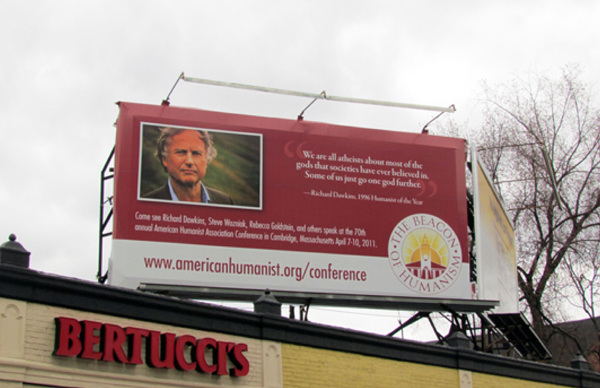From here:
Wisconsin officials are reviewing a complaint that the official state website links to an anti-abortion group with religious ties.
The organization is called Care Net, a faith-based group that caters to pregnant women.
The Madison-based Freedom From Religion Foundation says by linking to the site, the state is advertising evangelical ideals. Group president Annie Laurie Gaylor wants the link removed.
The link in question can be found here, and it points to this site, whose aim is:
As the largest network of pregnancy centers in North America, Care Net is committed to expanding access to the life-saving services and support provided by our local centers and to reaching the hurting and broken with the hope of Jesus Christ.
We work to accomplish this goal by promoting our network of centers and the Option Line call center, preparing our local centers to effectively serve their communities, and partnering with existing centers or like-minded ministries to plant new pregnancy centers in underserved areas.
As you can see, pretty sinister.
I have little doubt that if today’s coterie of benighted God haters had lived in the 19th Century, they would have vigorously canvassed to prevent William Wilberforce end slavery – because he was an evangelical Christian who had no right imposing his Christian perspectives on a secular parliament.



